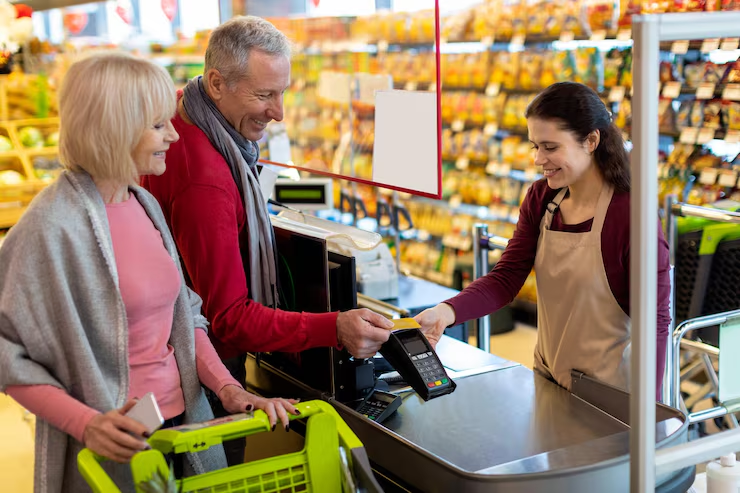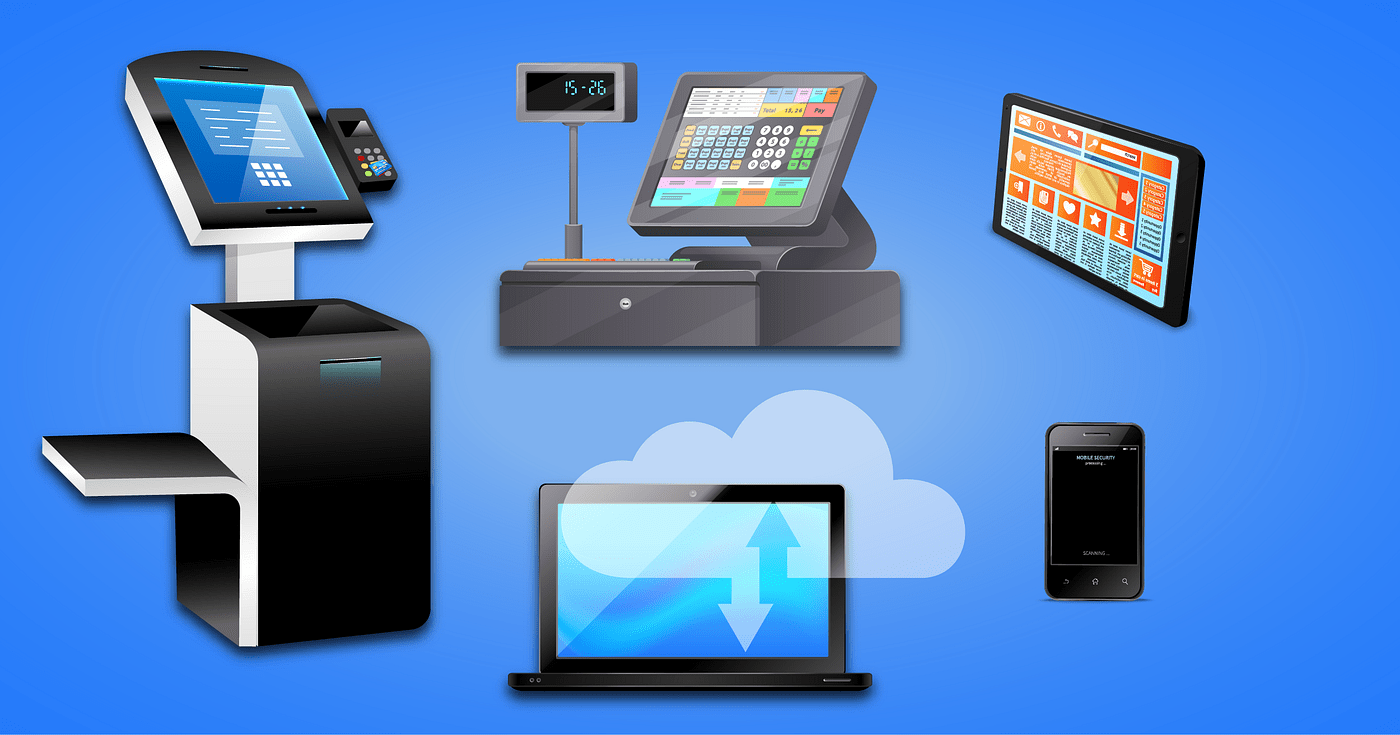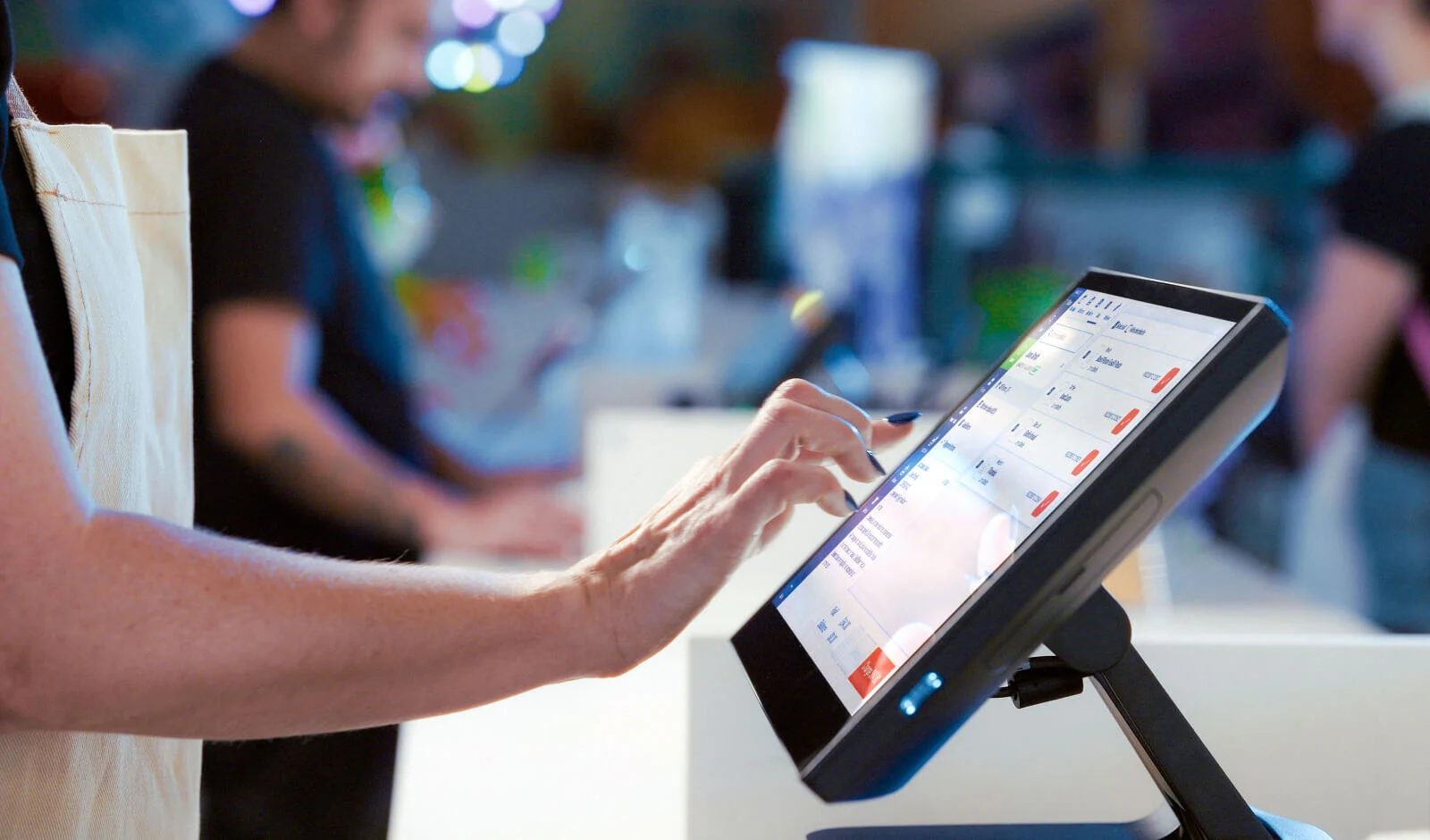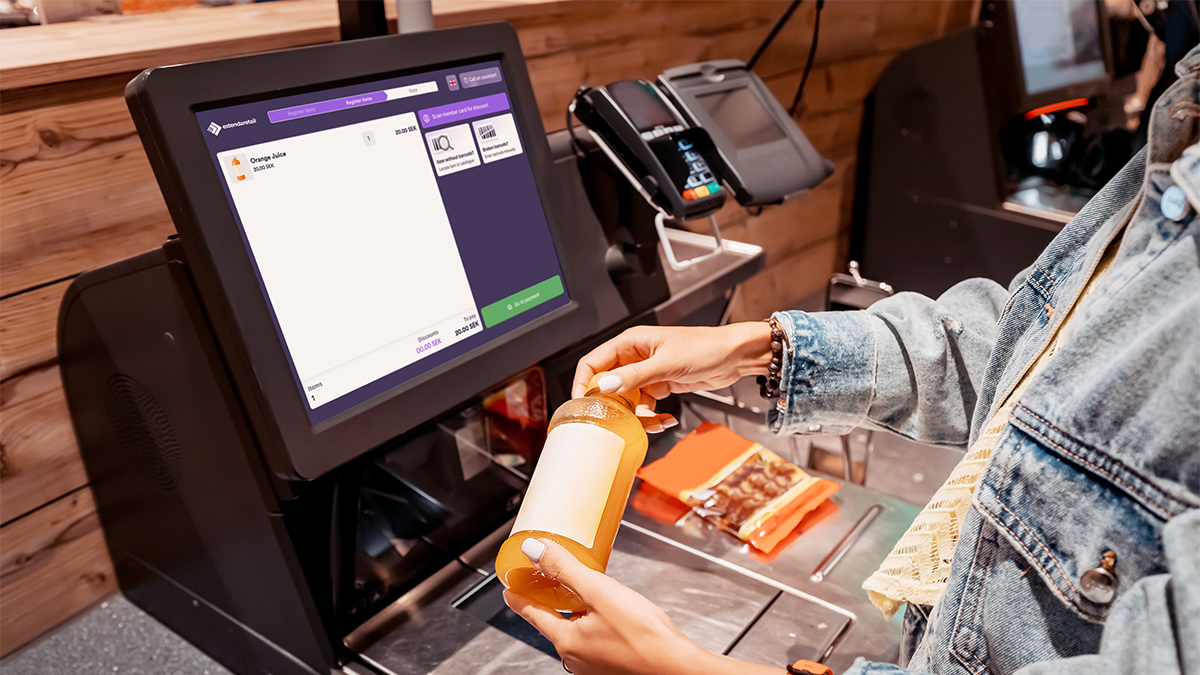How POS Systems Help Personalize the Shopping Experience

In today’s competitive retail environment, businesses can no longer rely only on price and product variety to attract and retain customers. Shoppers now expect personalized experiences that make them feel valued and understood. This is where modern Point of Sale (POS) systems step in. A POS system is no longer just a tool for processing transactions—it has become a powerful solution that helps businesses create tailored shopping journeys for their customers.
Understanding Customer Preferences
One of the greatest strengths of a POS system is its ability to capture and analyze customer data. Every purchase a customer makes is recorded and stored, creating a profile of their buying habits, favorite products, and shopping frequency. For example, if a customer frequently purchases a certain brand of coffee, the POS system can help retailers identify this pattern. This insight allows the business to send personalized offers or recommend complementary items, such as coffee filters or mugs, the next time the customer visits.
Customized Promotions and Discounts
Generic discounts may attract attention, but personalized promotions are far more effective in driving sales and loyalty. POS systems enable businesses to create targeted promotions based on customer history. For instance, a clothing store could send a discount on jackets to customers who purchased sweaters last season, or a grocery store could offer special pricing on gluten-free products to shoppers who consistently buy gluten-free items. By offering tailored deals, businesses not only boost sales but also strengthen customer loyalty by showing that they understand individual needs.
Loyalty Programs That Truly Work
Traditional punch-card loyalty systems are quickly becoming outdated. Modern POS systems allow businesses to integrate digital loyalty programs that track customer points, rewards, and purchase milestones automatically. Customers can redeem points or rewards without hassle, and businesses can send reminders when they are close to reaching a reward. This personalized approach keeps customers engaged and encourages repeat visits, as shoppers feel rewarded for their loyalty.
Seamless Omnichannel Experience
Today’s shoppers often move between online and offline channels. A modern POS system ensures that personalization is consistent across all touchpoints. For example, a customer who browses a product online but decides to buy it in-store should still receive personalized recommendations and offers based on their browsing history. By integrating data across e-commerce sites and physical stores, POS systems create a seamless shopping journey where customers feel recognized, no matter how they shop.
Personalized Customer Communication
POS systems can be integrated with email marketing or SMS platforms to deliver customized communication. A business can send a thank-you email after a purchase, recommend products that complement a recent buy, or notify customers about special sales events. These personalized messages go beyond generic advertisements and create a sense of connection between the brand and its customers. When communication is timely and relevant, customers are more likely to engage and return for future purchases.
Improved Customer Service
POS systems give staff access to valuable customer information during interactions. For example, when a regular shopper walks into a store, the sales associate can see their past purchases and suggest relevant products. This level of service makes customers feel valued and appreciated. Whether it’s recommending a wine that pairs well with a customer’s previous choice or suggesting an accessory to go with a new outfit, personalized service powered by POS systems leads to higher customer satisfaction.
Conclusion
Personalization is no longer a luxury—it’s an expectation. Customers want shopping experiences that feel unique, relevant, and rewarding. POS systems provide the tools to make this possible by gathering customer insights, enabling tailored promotions, running effective loyalty programs, and creating seamless communication across channels. By using POS technology strategically, businesses can transform ordinary transactions into meaningful customer relationships.
In the long run, personalization through POS systems doesn’t just increase customer happiness—it also drives repeat sales and long-term growth. For businesses aiming to stand out in today’s retail landscape, investing in a smart POS system is not just a choice, but a necessity.






